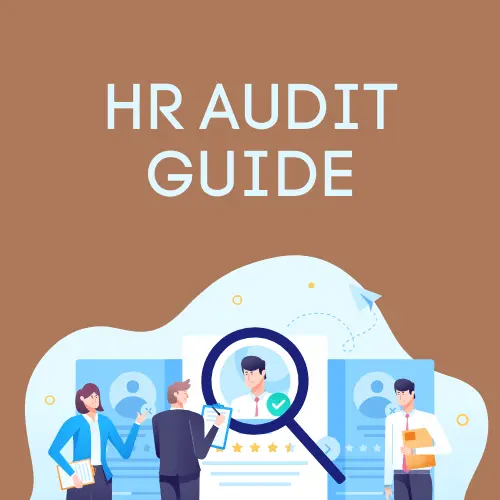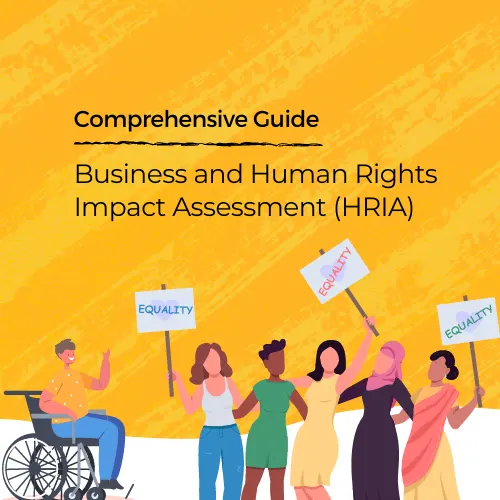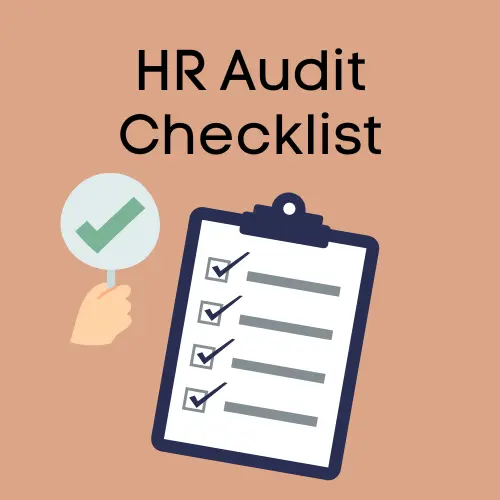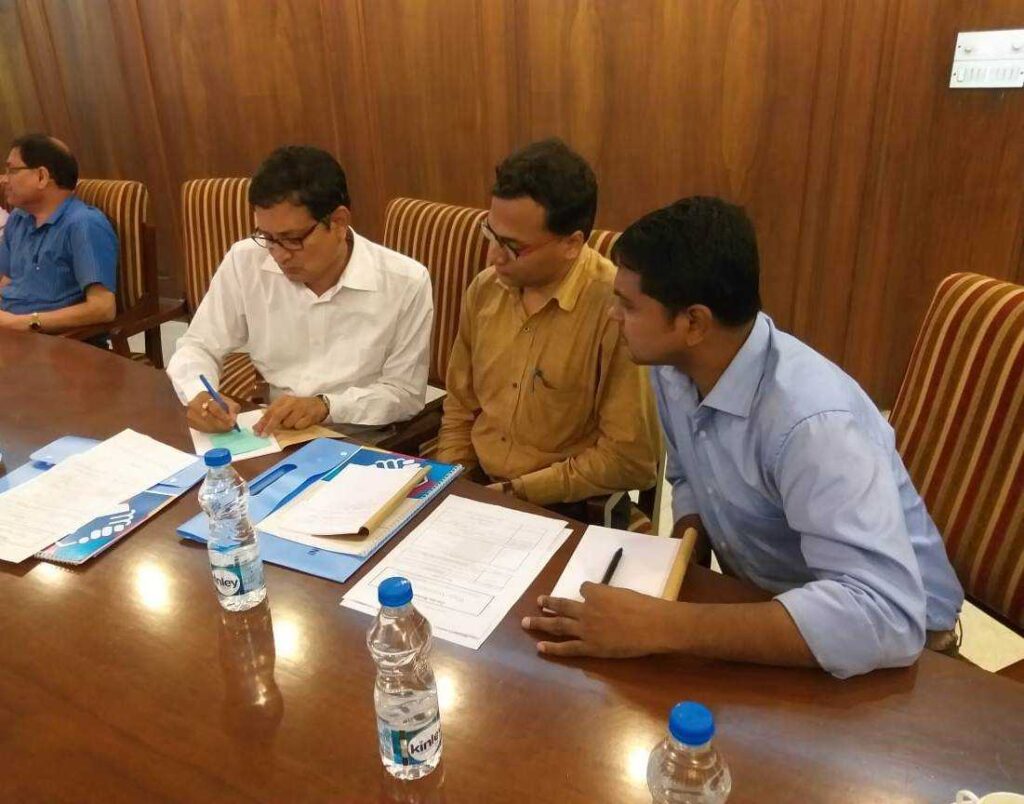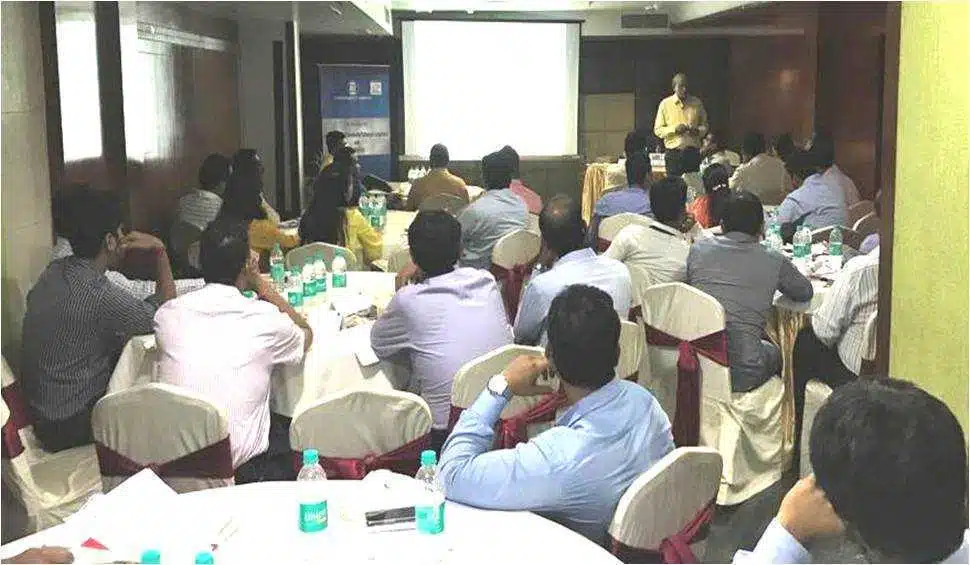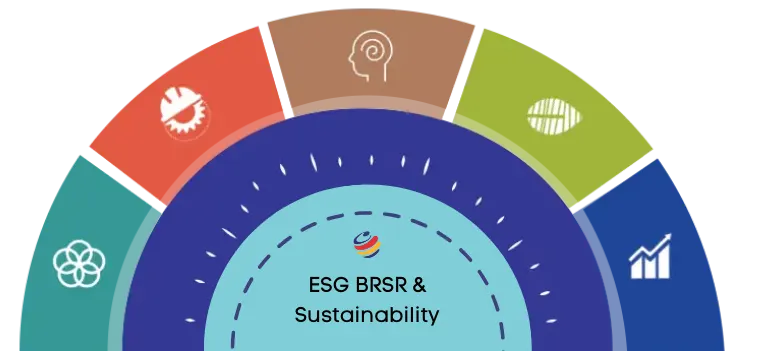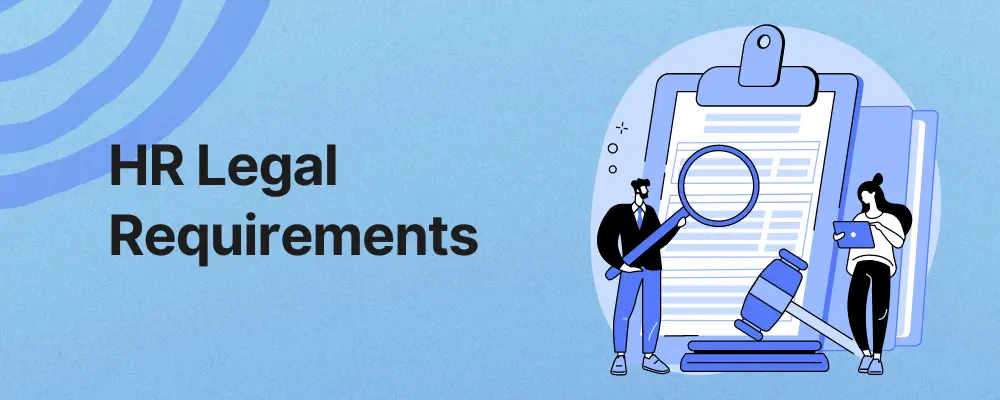
The HR Statutory Compliance landscape in India is undergoing constant changes, making it imperative for HR professionals to adapt and navigate these shifts effectively. In this dynamic world of human resources (HR), staying abreast of legal requirements is crucial for fostering a healthy work environment and ensuring compliance.
In this blog post, we will delve into the evolving HR Statutory Compliance in India, exploring why HR needs to stay on top of them and providing insights into how to deal with the changing legal landscape.
Why Does Human Resources Function Needs to Stay on Top of HR Statutory Compliance
Ensuring Workplace Fairness as part of HR Statutory Compliance
A fundamental aspect of HR is maintaining fairness and equity within the workplace. Legal requirements, such as those related to anti-discrimination and equal opportunity, play a pivotal role in fostering a work environment where all employees are treated fairly, irrespective of their background.
Staying updated on these regulations ensures that HR practices align with the principles of inclusivity and diversity.
Mitigating Legal Risks
Failure to comply with HR Statutory Compliance can lead to severe consequences, including legal actions, fines, and damage to the organisation’s reputation.
HR professionals need to be vigilant to mitigate legal risks by staying informed about changes in employment laws, industrial regulations, and other statutory mandates that impact the workforce.
Adapting to Technological Advances to manage HR Statutory Compliance
The digital era has brought about significant changes in the way businesses operate, including HR functions. Data protection and privacy laws are becoming increasingly stringent.
HR teams must stay abreast of these regulations to ensure the responsible handling of employee data, safeguarding against legal repercussions resulting from data breaches.
Enhancing Employee Relations
A well-informed HR department can contribute to positive employee relations by fostering an atmosphere of trust and transparency.
Being aware of legal requirements allows HR professionals to communicate effectively with employees, address concerns in accordance with the law, and build a workplace culture that values both employer and employee rights.
The Changing Landscape of HR Statutory Compliance in India
Labour Codes Overhaul
India has witnessed a significant overhaul of its labour laws with the introduction of the new Labour Codes – the Code on Wages, the Code on Social Security, the Code on Occupational Safety, Health, and Working Conditions, and the Industrial Relations Code.
These codes aim to simplify and consolidate existing labour laws, providing a more coherent framework. HR professionals need to familiarise themselves with the changes brought about by these codes and ensure that their organisations are compliant.
Data Privacy and Cybersecurity: The Changing Landscape of Employee Data Handling in India
The recent Digital Personal Data Protection Act of 2023 marks a significant shift in how Indian organisations handle employee data, creating both challenges and opportunities for HR professionals. Here’s a closer look:
Key Provisions of the DPDP Act 2023:
- Right to Know and Access: Employees have the right to access their personal data held by the company, understand its purpose of use, and request corrections or deletions.
- Consent and Purpose Limitation: Companies must obtain informed consent from employees for specific legitimate purposes before collecting their data. Data cannot be used for purposes beyond what was consented to.
- Data Minimisation and Storage Limitation: Companies must collect and store only the minimum necessary employee data for legitimate purposes and for a limited duration.
- Data Security and Breaches: Robust security measures must be implemented to protect employee data from unauthorised access, disclosure, or misuse. Data breaches must be promptly reported and investigated.
- Cross-border Data Transfers: Transferring employee data outside India requires additional precautions and may be restricted in certain cases.
Significance for Employee Data Handling:
- Increased Transparency and Control: Employees gain greater control over their data, fostering trust and confidence in the company.
- Improved Data Governance: Companies need to implement stricter data governance practices to comply with the bill, leading to more secure and efficient data management.
- Focus on Privacy by Design: Companies must consider data privacy during the design and development of HR systems and processes.
- Potential Risks and Compliance Costs: Non-compliance can lead to significant penalties and reputational damage. Companies need to invest in resources and expertise to ensure compliance.
Opportunities for HR
- Building a Privacy-Centric Culture: Emphasise data privacy as a core value within the organisation and educate employees on their rights and responsibilities.
- Leveraging Technology: Utilise secure data management systems and tools to facilitate compliance and automate necessary processes.
- Proactive Communication: Clearly communicate data privacy policies to employees and address any concerns promptly.
- Building Trust and Reputation: Demonstrating commitment to data privacy can enhance employee and stakeholder trust, attracting and retaining talent.
Challenges for HR:
- Interpreting and Implementing the Act: The specifics of the bill are still evolving, requiring ongoing monitoring and adaptation of HR practices.
- Data Mapping and Inventory: Identifying and managing all employee data across various systems and processes can be complex.
- Resource Constraints: Smaller companies may face resource limitations in implementing robust data security and compliance measures.
- Shifting Mindset: Transitioning towards a privacy-centric approach might require changing existing data collection and utilisation practices.
Take Away for us:
The DPDP Act presents both challenges and opportunities for Indian HR. By understanding its key provisions, embracing its principles, and proactively addressing potential issues, HR professionals can navigate the changing landscape of employee data handling and build a compliant, responsible, and data-driven workplace.
Sexual Harassment Prevention
The #MeToo movement has underscored the significance of preventing and addressing workplace harassment. The Sexual Harassment of Women at Workplace (Prevention, Prohibition, and Redressal) Act, 2013, mandates organizations to have an Internal Complaints Committee (ICC) to handle harassment complaints.
HR must not only ensure the existence of an ICC but also proactively work towards creating a culture that discourages harassment and encourages reporting.
Emerging Trends and their Legal Implications in Indian HR
Gig Work
- Gig work, characterised by short-term freelance engagements, is disrupting traditional employment models. India has a booming gig economy, but legal ambiguity persists.
- Potential issues: Employee classification (employee vs. independent contractor), social security benefits, minimum wage applicability, working conditions protection.
- Possible solutions: Clearer legal definitions for gig workers, platform-specific regulations, portable benefits framework.
AI in HR
- AI-powered tools are gaining traction in recruitment, performance management, and employee wellbeing. However, ethical considerations and legal compliance are crucial.
- Potential issues: Algorithmic bias leading to discrimination, data privacy concerns, lack of transparency in decision-making.
- Possible solutions: Responsible AI development principles, robust data security practices, human oversight and explainability of AI-driven decisions.
Remote Work
- The pandemic-driven rise of remote work necessitates rethinking existing employment laws and HR practices.
- Potential issues: Defining work hours and location, managing productivity and engagement, ensuring data security in remote environments.
- Possible solutions: Flexible work arrangements, clear remote work policies, cyber security training for employees, leveraging communication tools for effective collaboration.
Mental Health and Employee Wellbeing
- Increased focus on mental health and employee wellbeing as crucial aspects of employee productivity and retention.
- Potential issues: Legal obligations regarding workplace stress management, confidentiality of employee mental health data, providing adequate support resources.
- Possible solutions: Mental health awareness programs, flexible work arrangements, access to counselling services, building a culture of support and open communication.
Automation and Reskilling
- Increasing automation in various sectors necessitates workforce reskilling and upskilling to adapt to changing job landscapes.
- Potential issues: Legal implications of redundancies due to automation, employee training and development programs, ensuring equitable access to reskilling opportunities.
- Possible solutions: Collaboration between employers and government on reskilling initiatives, portable skills training programs, providing career growth and development opportunities.
Dealing with the Changing HR Statutory Compliance
Continuous Learning and Training related to HR Statutory Compliance
HR professionals must engage in continuous learning to stay updated on the evolving legal landscape. Regular training sessions on new laws, amendments, and compliance requirements can empower HR teams to navigate legal challenges effectively.
Investing in the professional development of HR staff is an investment in the organisation’s compliance and overall success.
Building Strategic Partnerships
Collaborating with legal experts and consultants can provide valuable insights and guidance to HR professionals. Establishing strategic partnerships with legal professionals ensures that the HR department has access to expert advice when navigating complex legal issues.
This proactive approach can prevent legal pitfalls and contribute to a more robust compliance framework.
Implementing Robust HR Policies
A strong foundation of HR policies aligned with current legal requirements is essential. Regularly reviewing and updating HR policies to reflect changes in laws ensures that organisations remain compliant.
Clear communication of these policies to employees fosters transparency and helps in building a culture of compliance within the organisation.
Leveraging Technology
HR technology solutions can streamline compliance processes and help in tracking changes in legal requirements.
Automated systems for record-keeping, compliance monitoring, and reporting can significantly reduce the administrative burden on HR professionals, allowing them to focus on strategic aspects of compliance management.
Proactive Compliance HR Statutory Compliance Audits
Conducting regular compliance audits is a proactive measure to identify potential gaps and areas of improvement in HR practices.
These audits, whether internal or conducted by external specialists, can uncover non-compliance issues and enable HR to rectify them before they escalate into legal challenges.
Conclusion
In conclusion, the evolving HR Statutory Compliance in India necessitate a proactive and adaptable approach from HR professionals. Staying on top of these changes is not just a legal obligation but a strategic imperative for organisations aiming to create a positive work environment and mitigate legal risks.
By embracing continuous learning, building strategic partnerships, implementing robust policies, leveraging technology, and conducting proactive audits, HR can navigate the changing legal landscape with confidence and contribute to the overall success of the organisation.

Let's discuss
Share this post
Category: Blog
Tags: People Advisory
About the author
Director – Sustainable solutions at Consultivo
Madhabi Guha specialises in the domains of ESG, Social Compliance, Business and Human Rights, Development Projects and focuses on supporting go-to-market teams along with customer and partner relationships.
Madhabi has been working in the sustainability & business excellence advisory business for over 15 years.
Madhabi has been developing individuals, teams, and organisations in the areas of leadership, excellence and Human Factors in the field of sustainability, people and community.
Related insights
Blogs
Blogs
Blogs
Blogs
Knowledge Bank
Blogs
News & Events
News & Events
News & Events
View more in Impact Stories | Blogs | Knowledge Bank | News and Events

